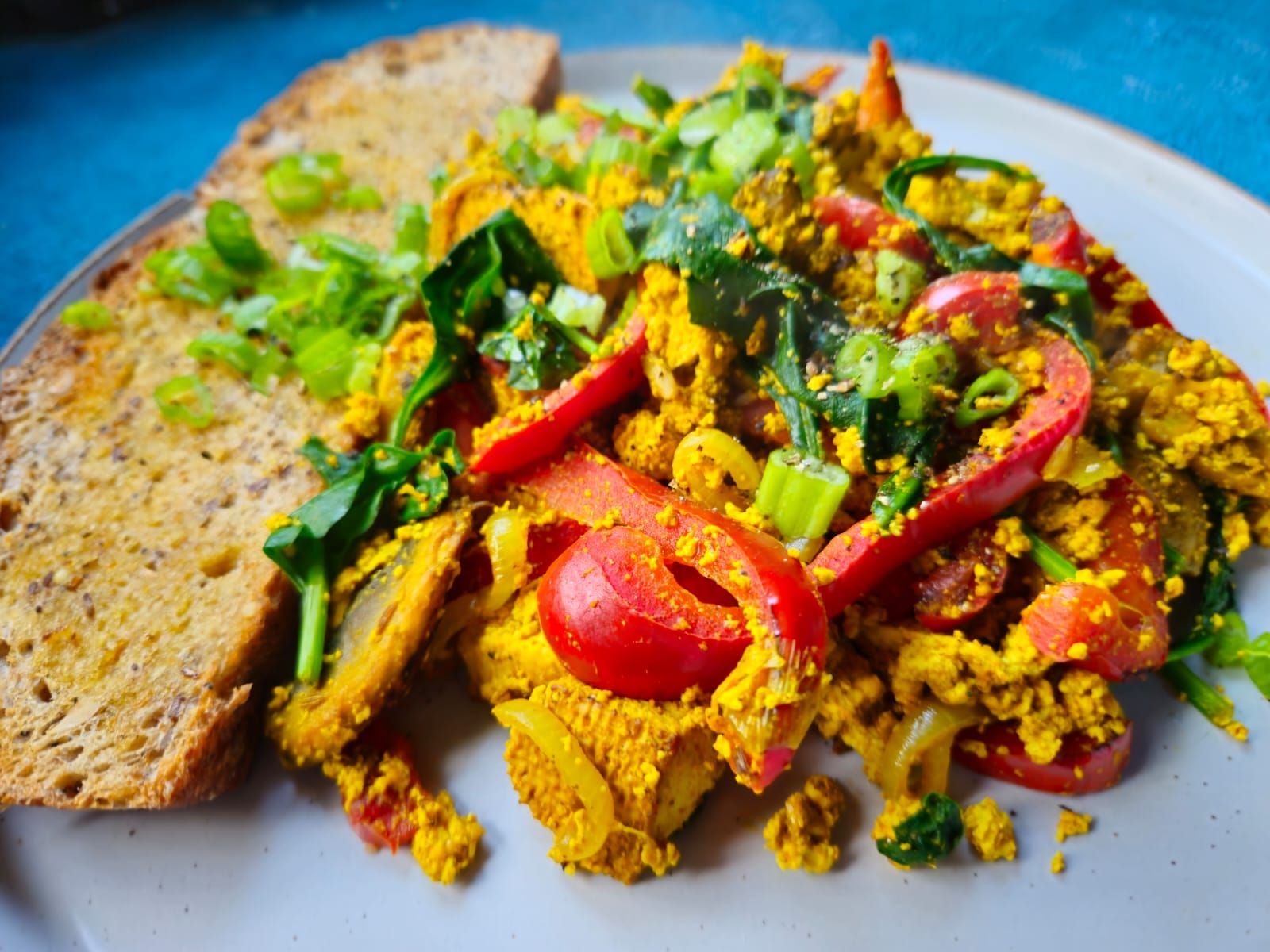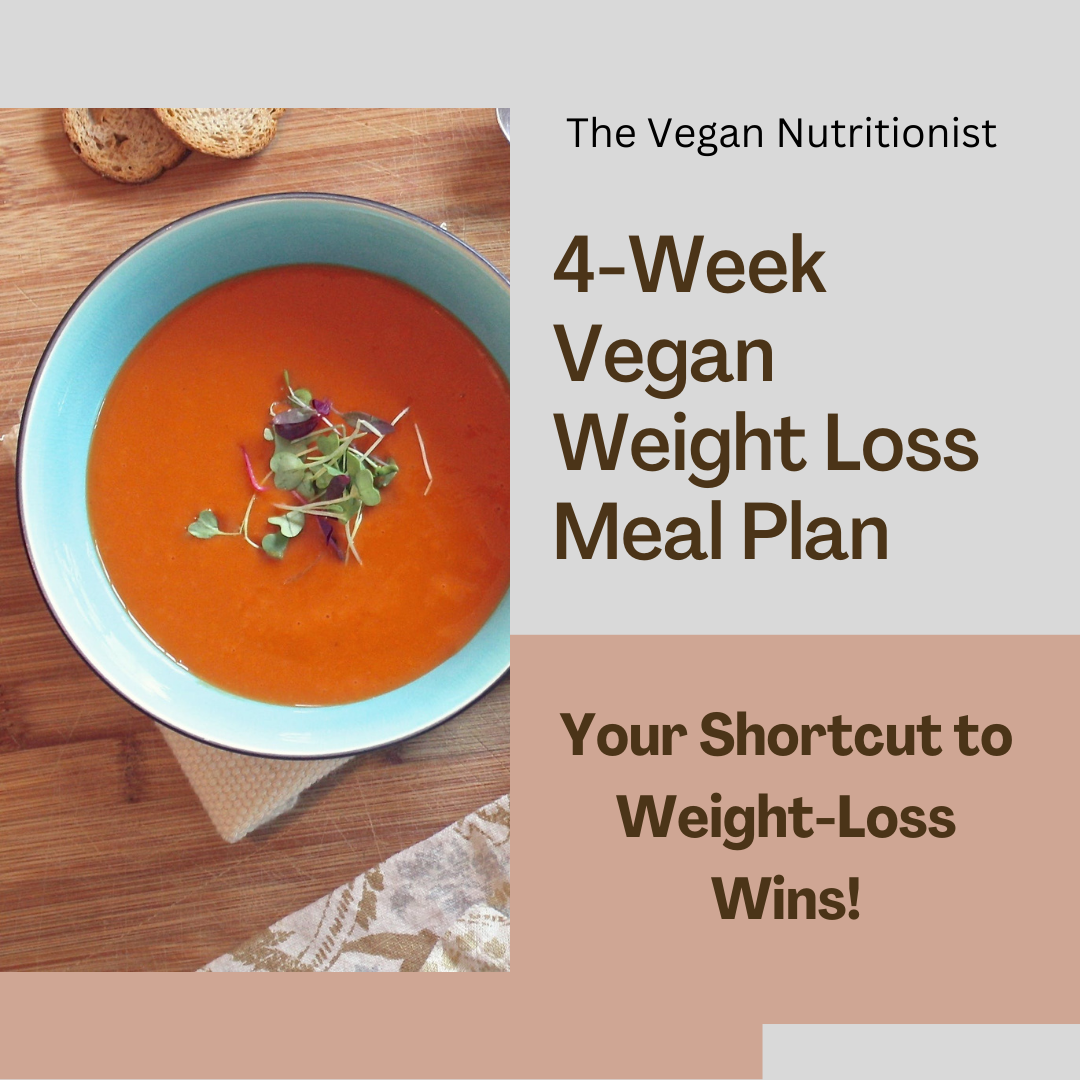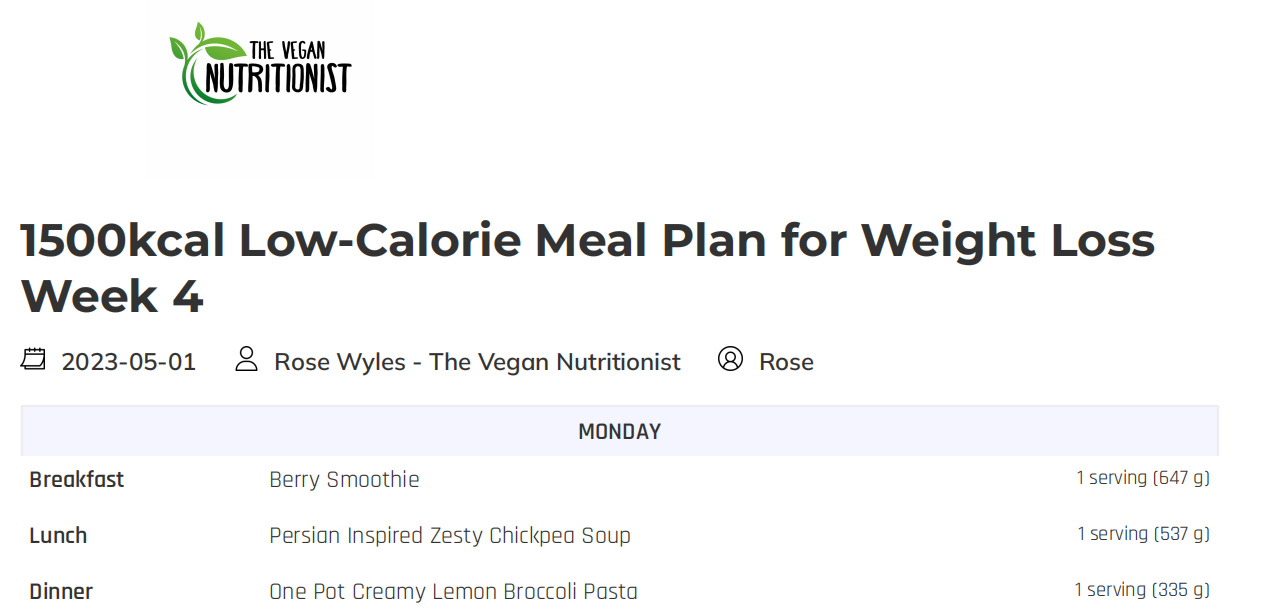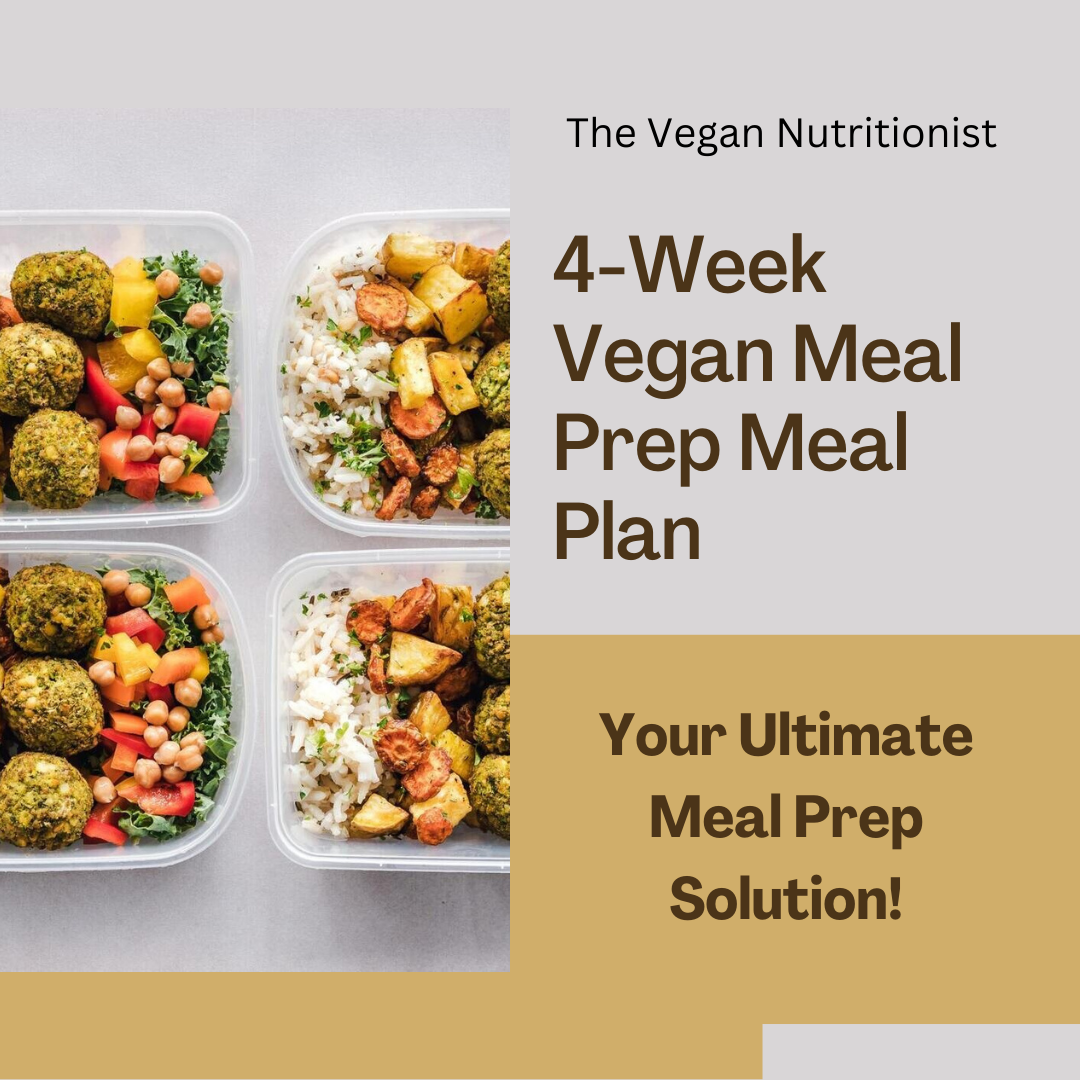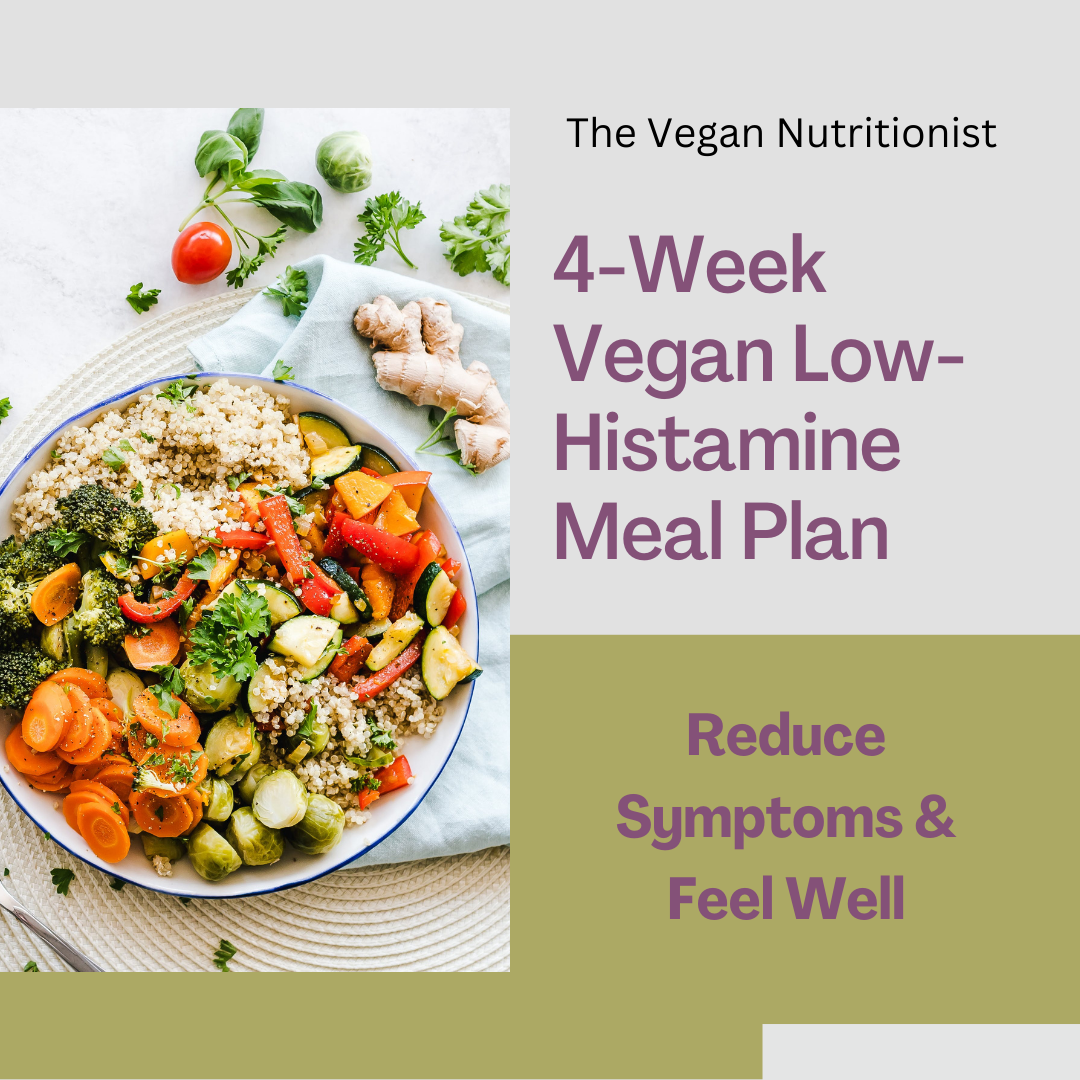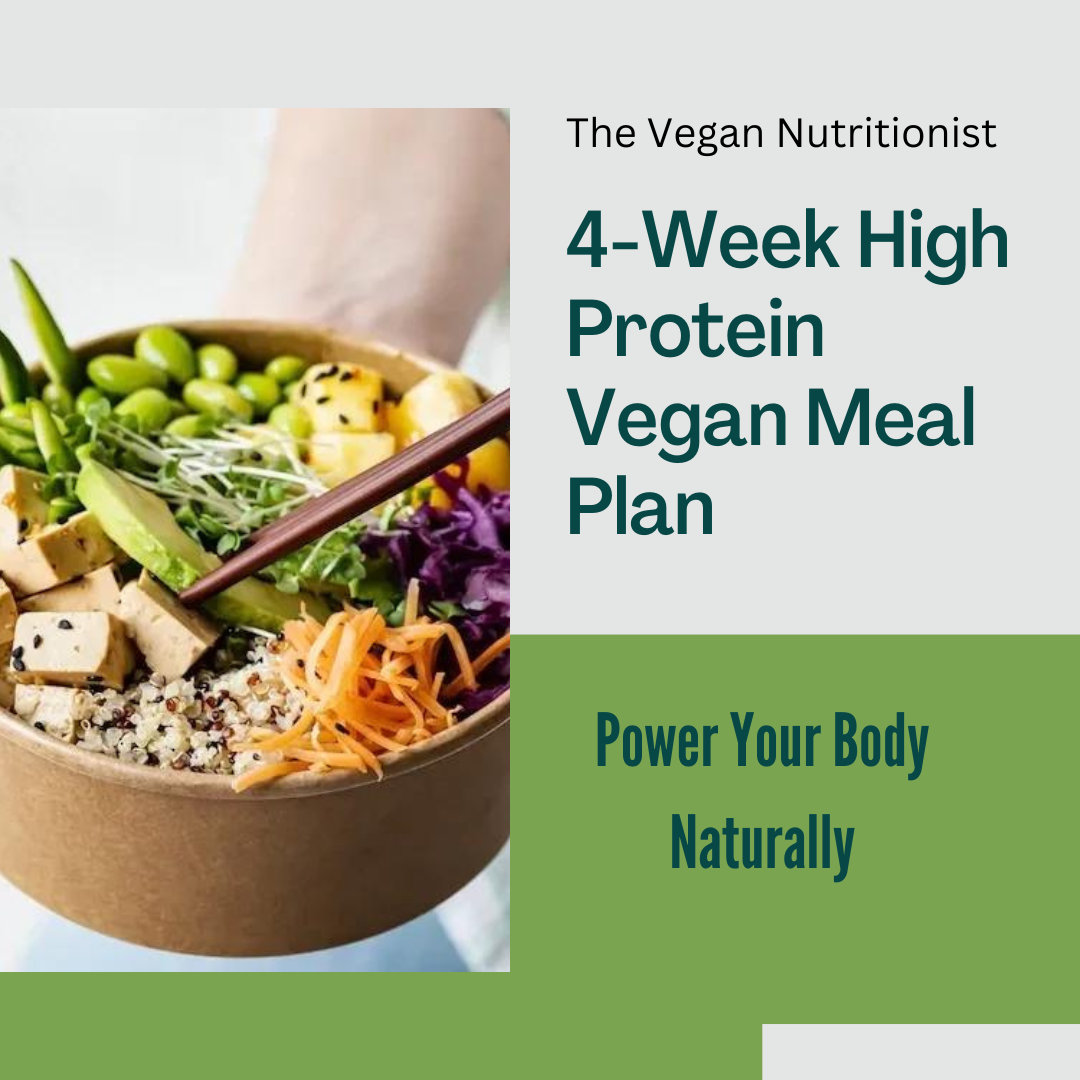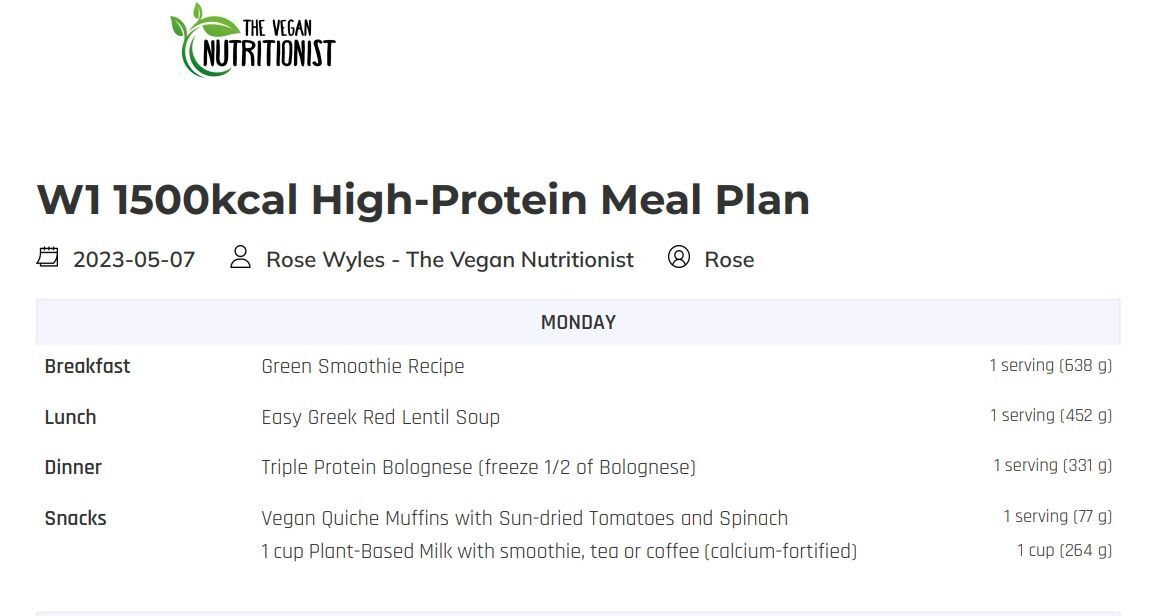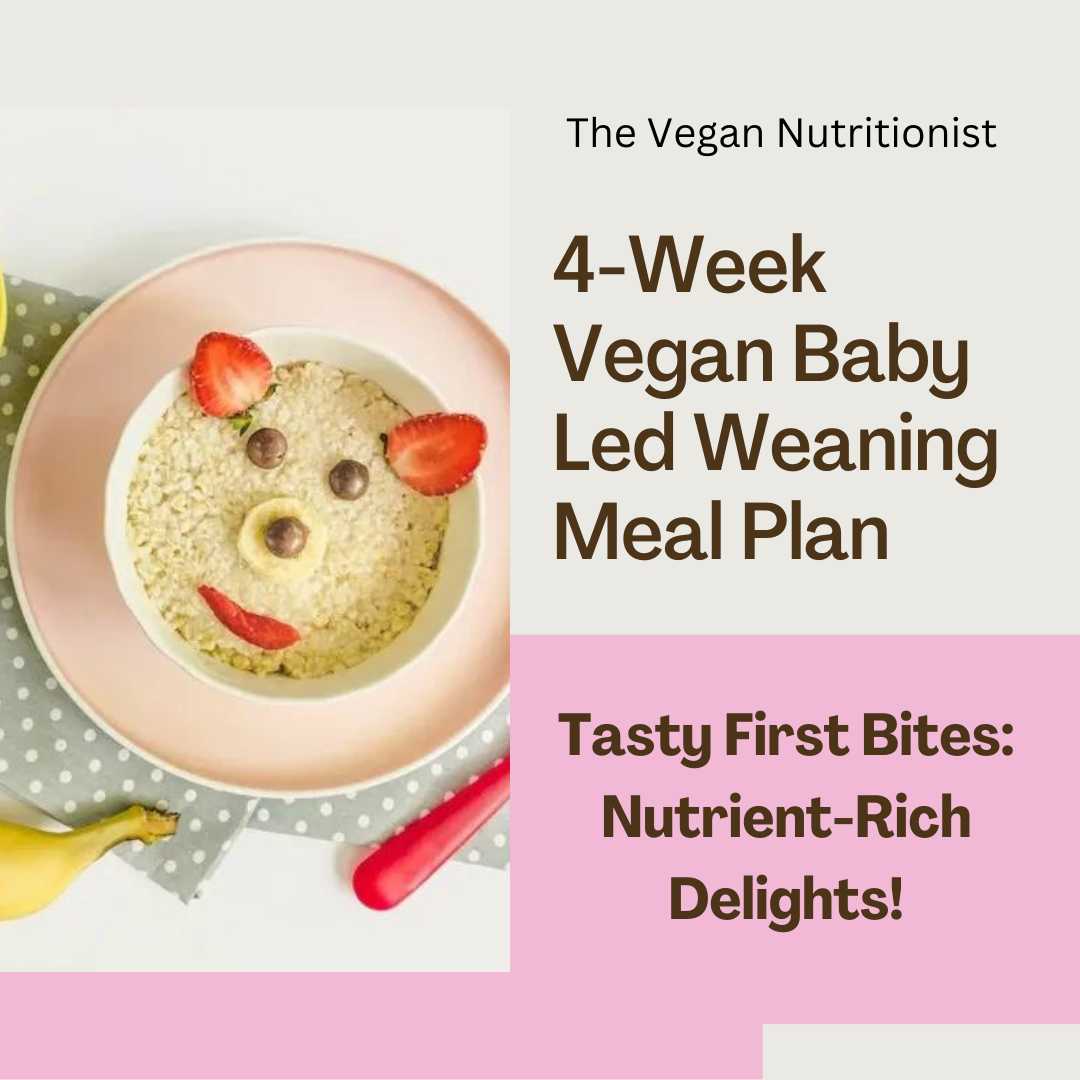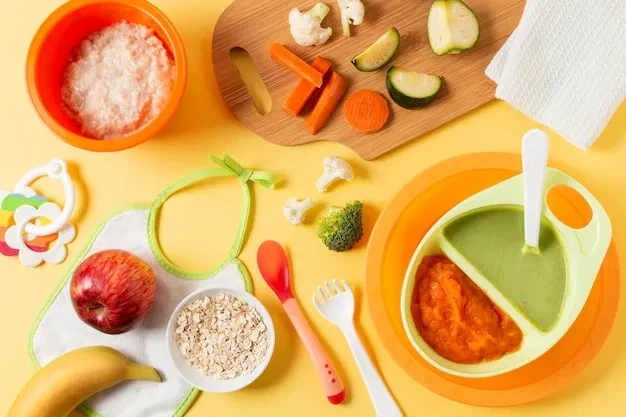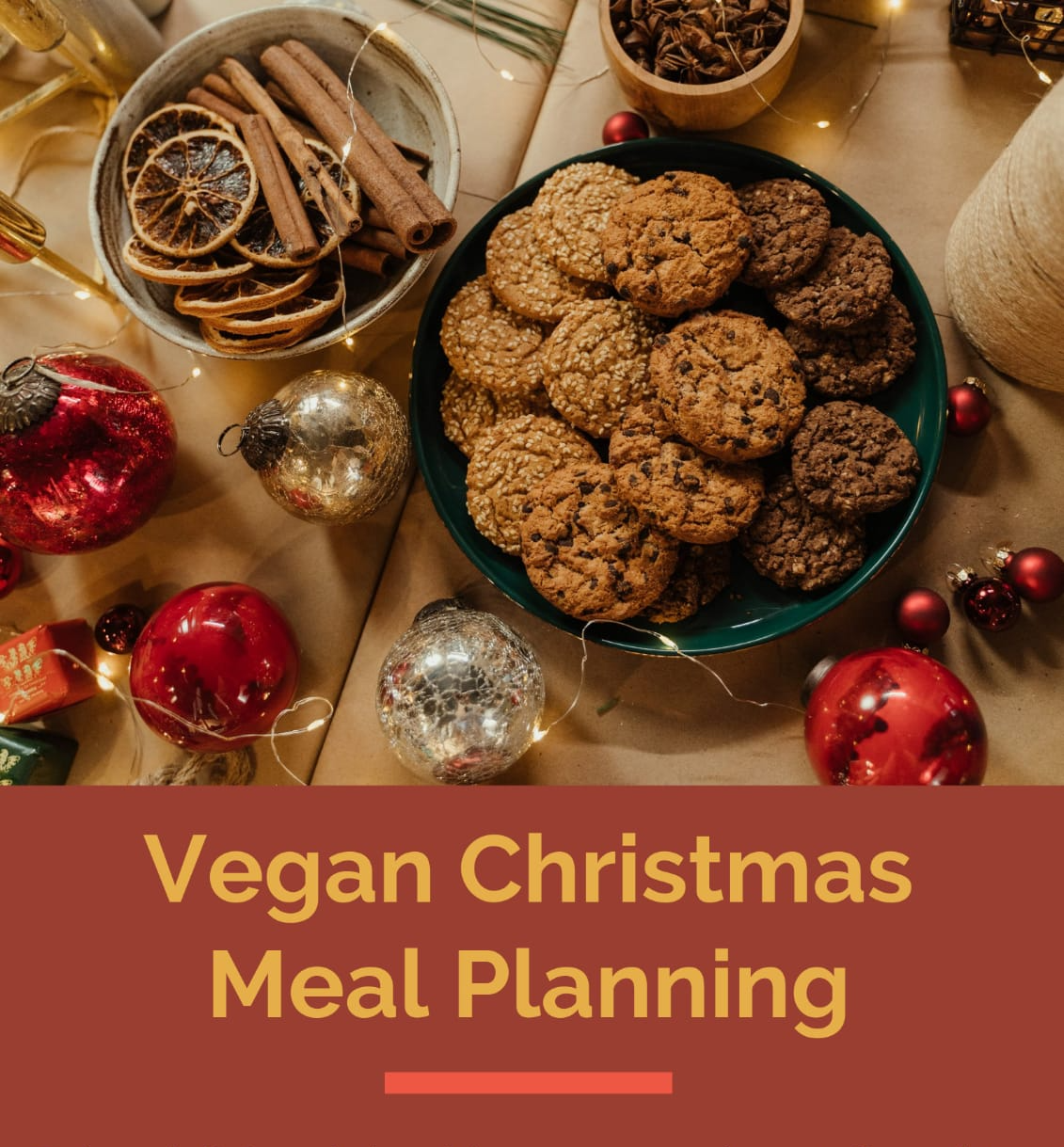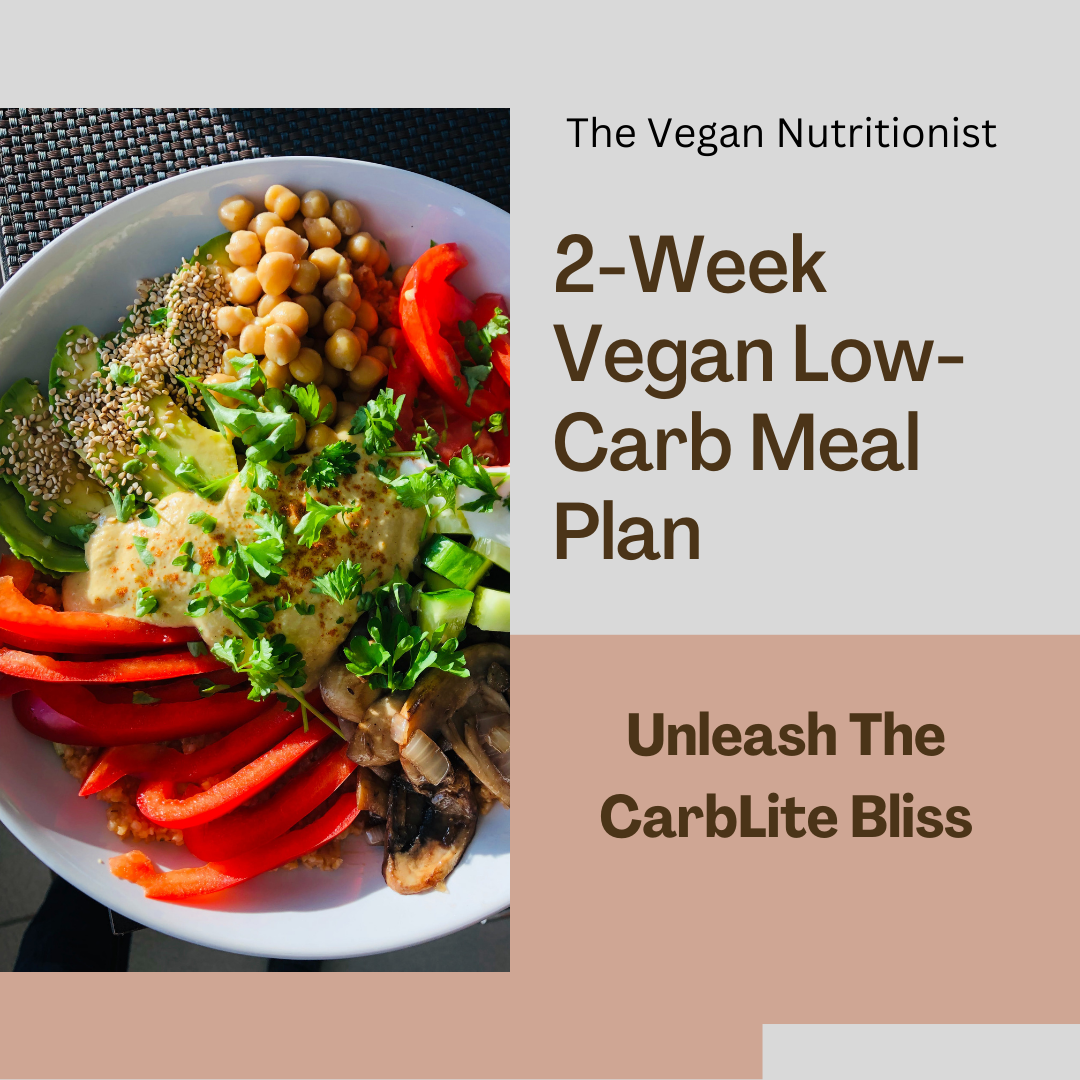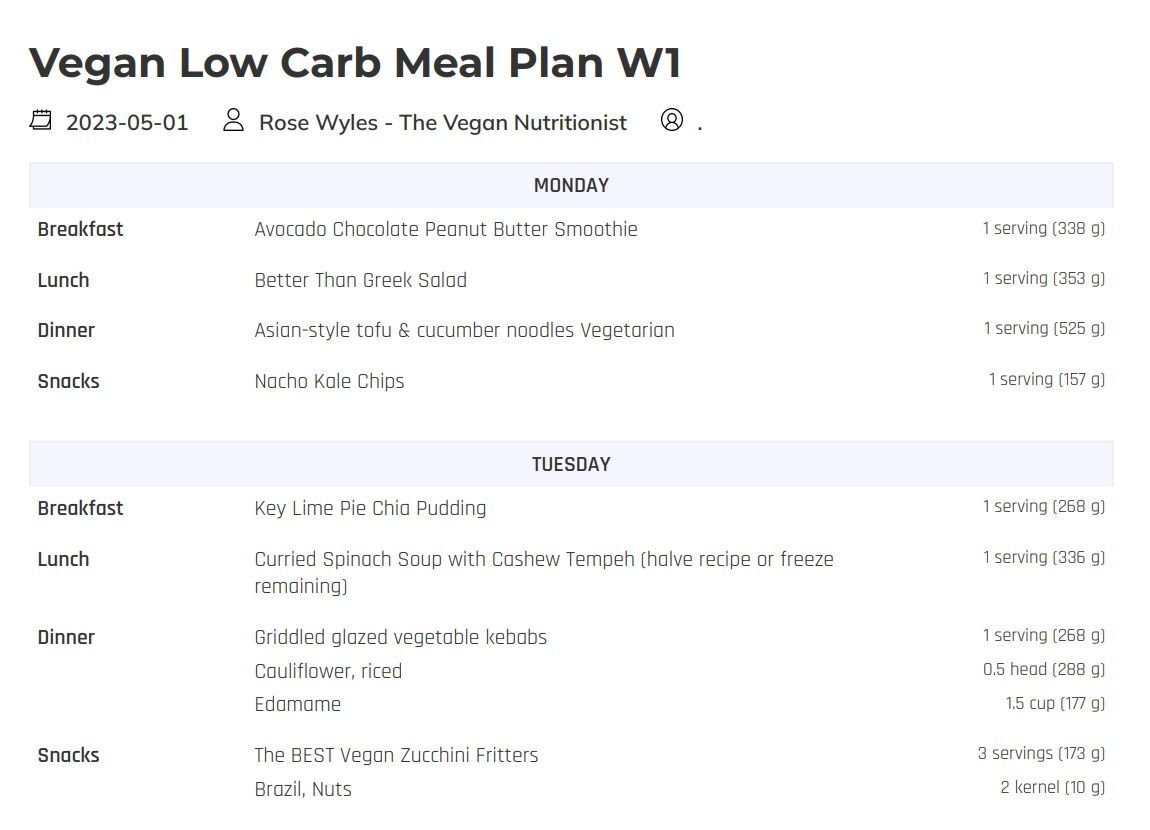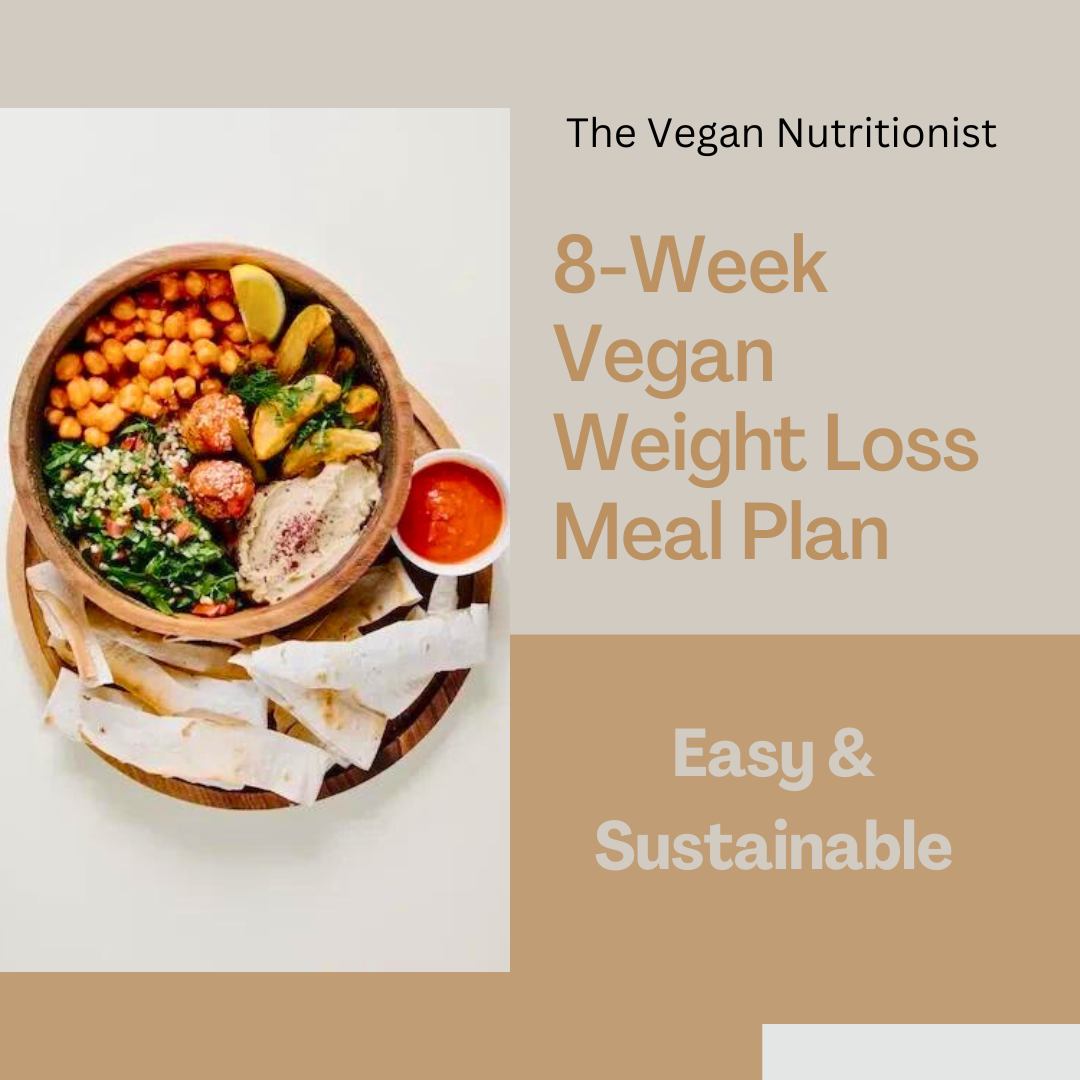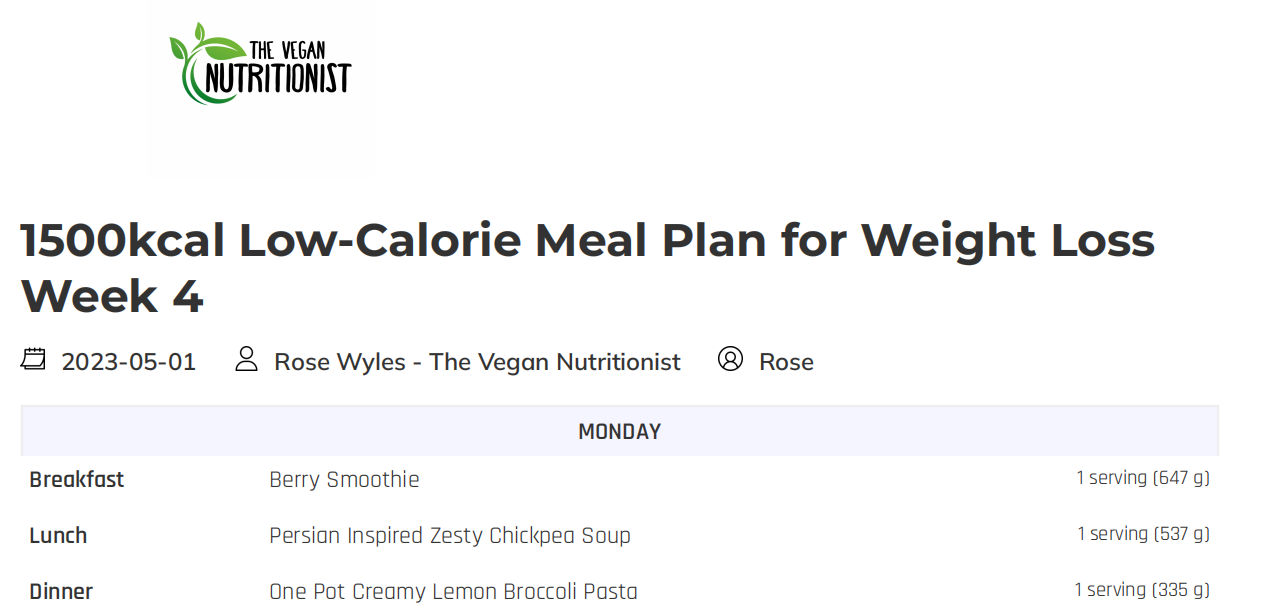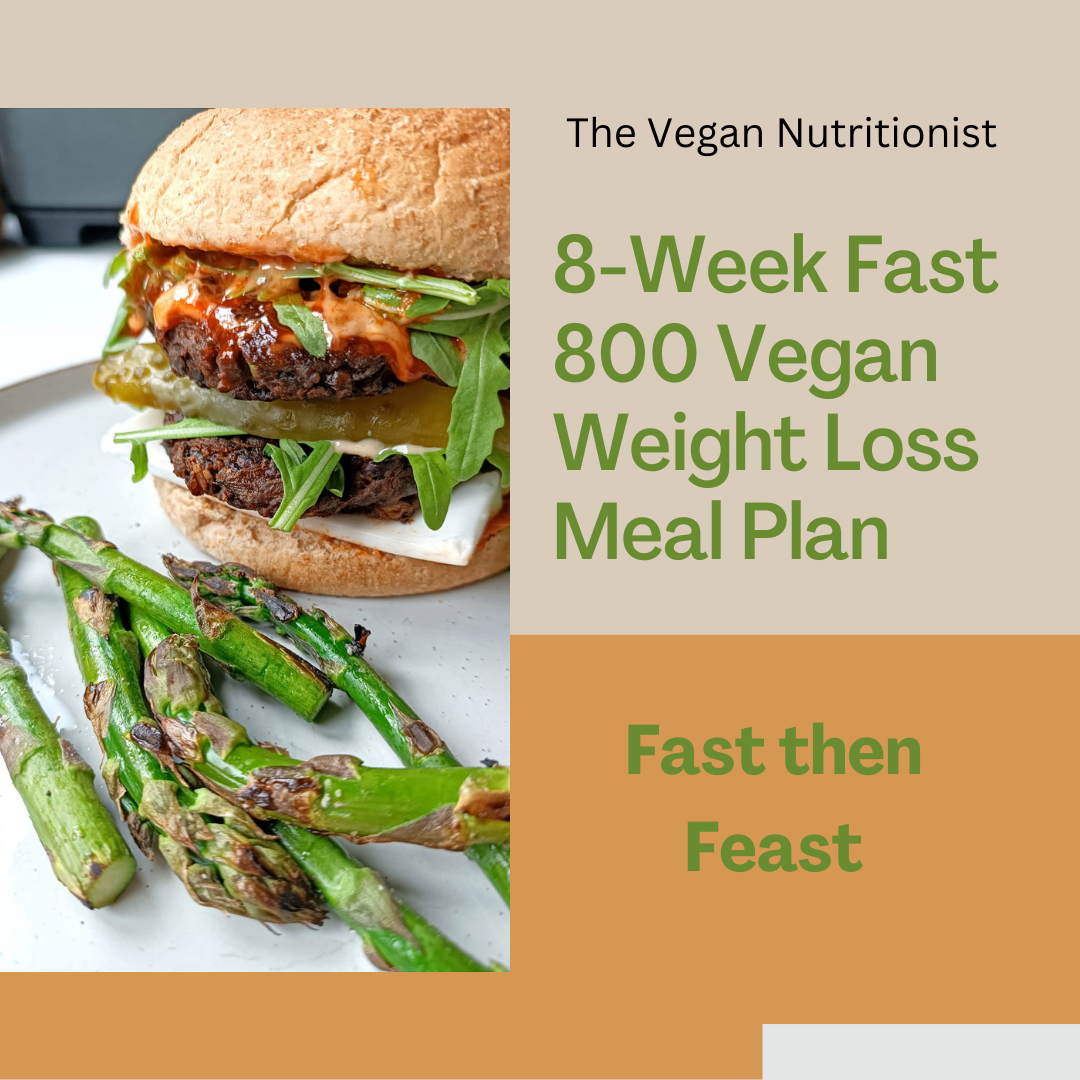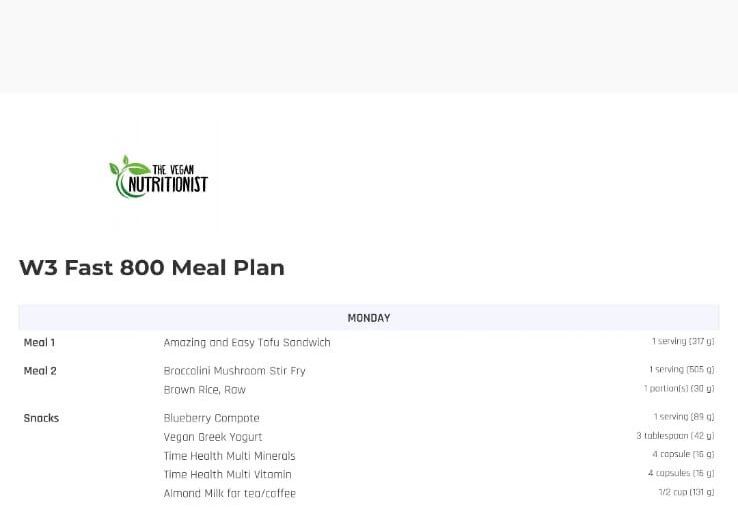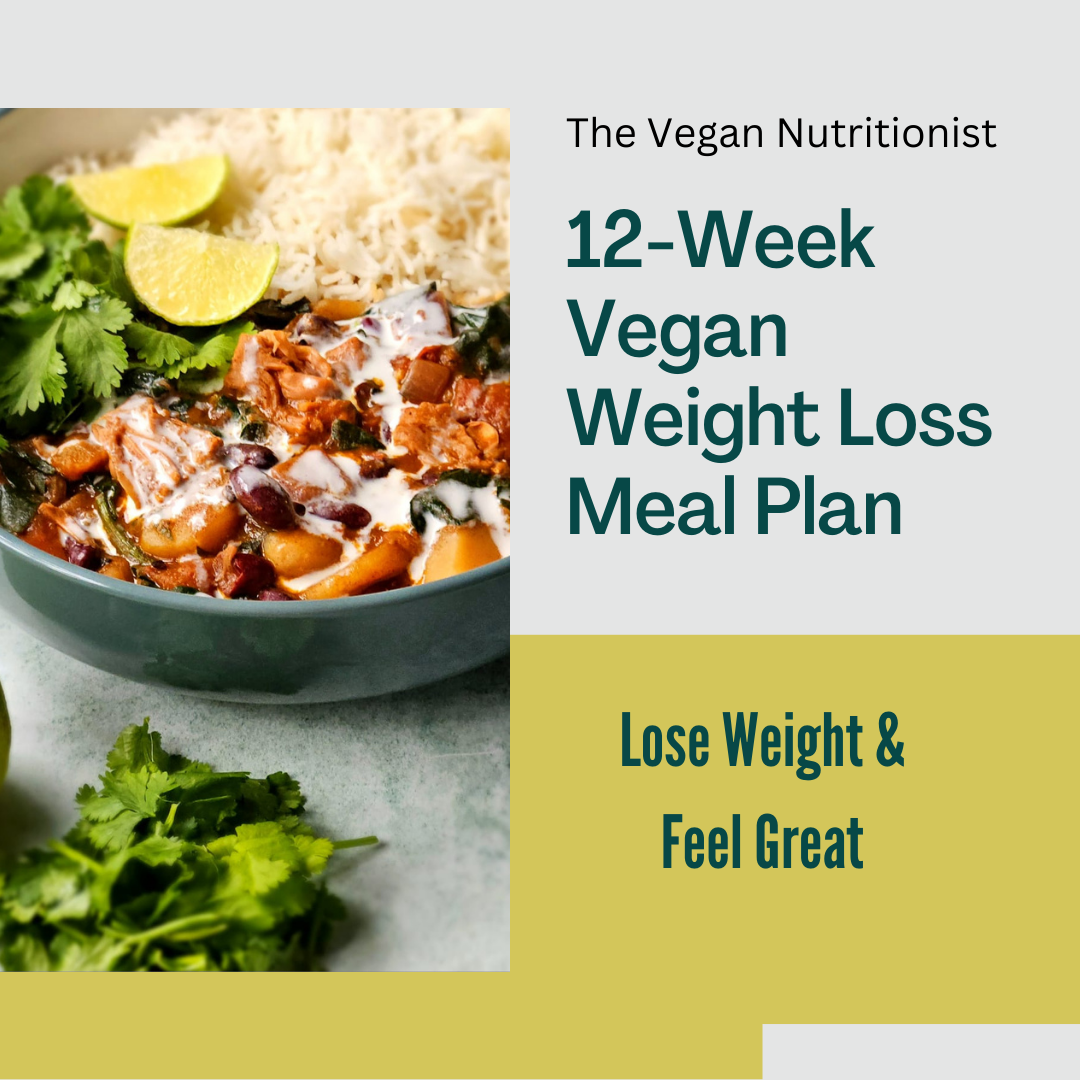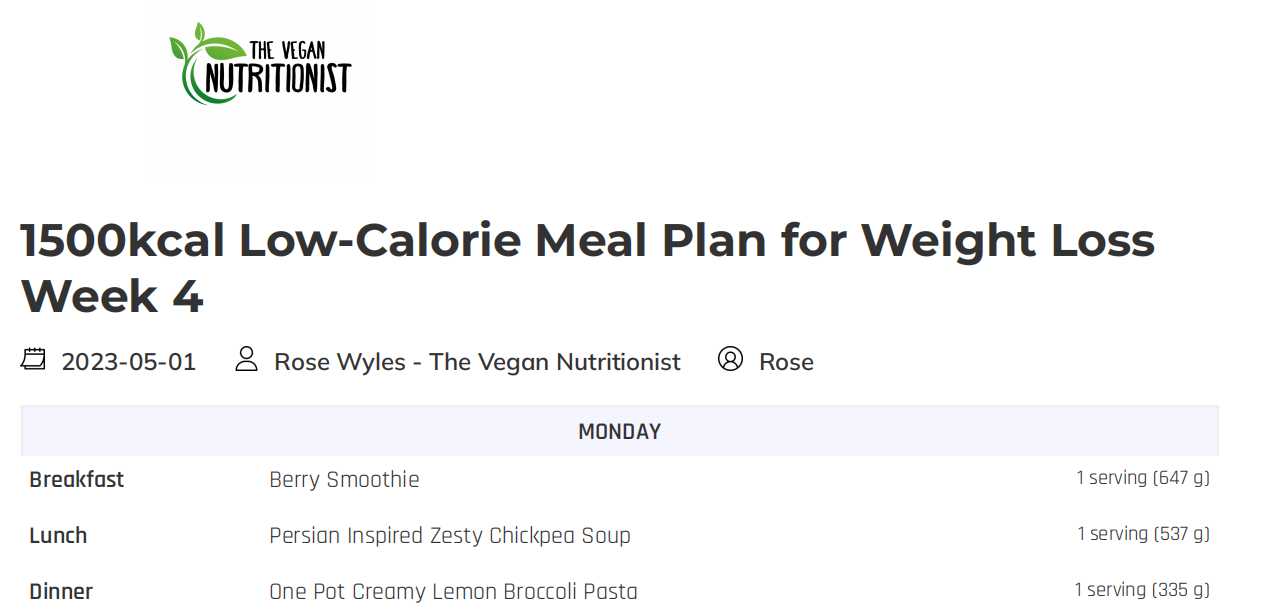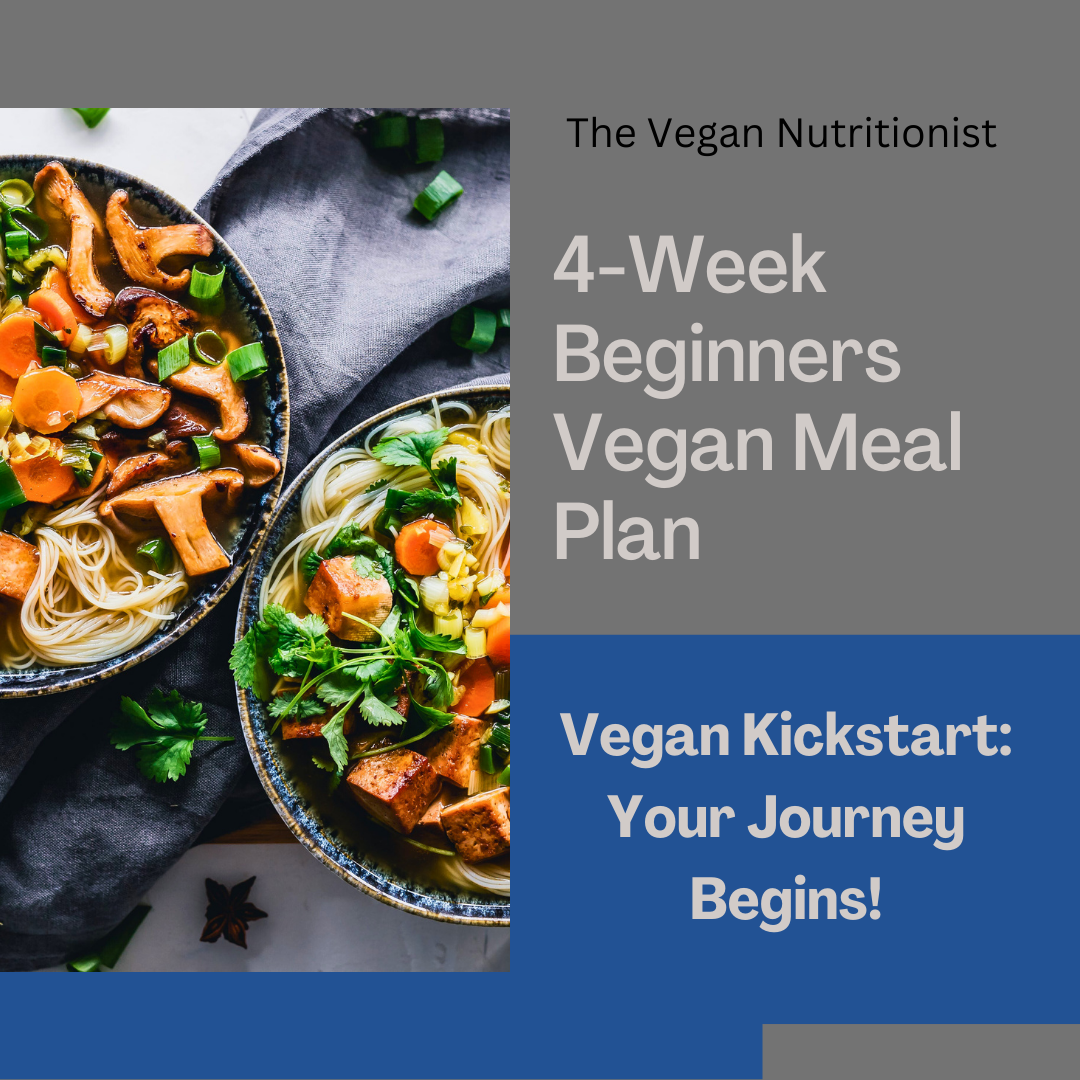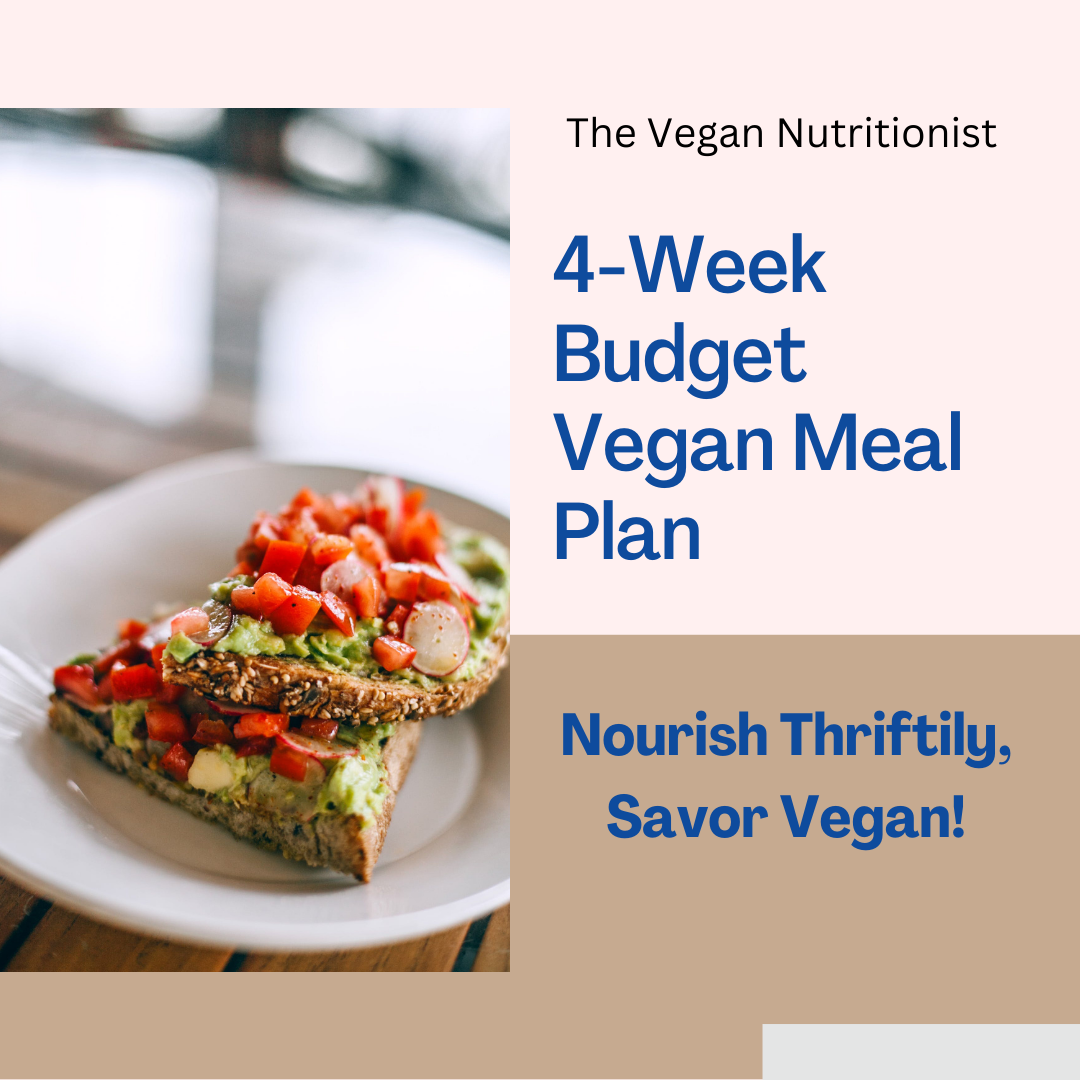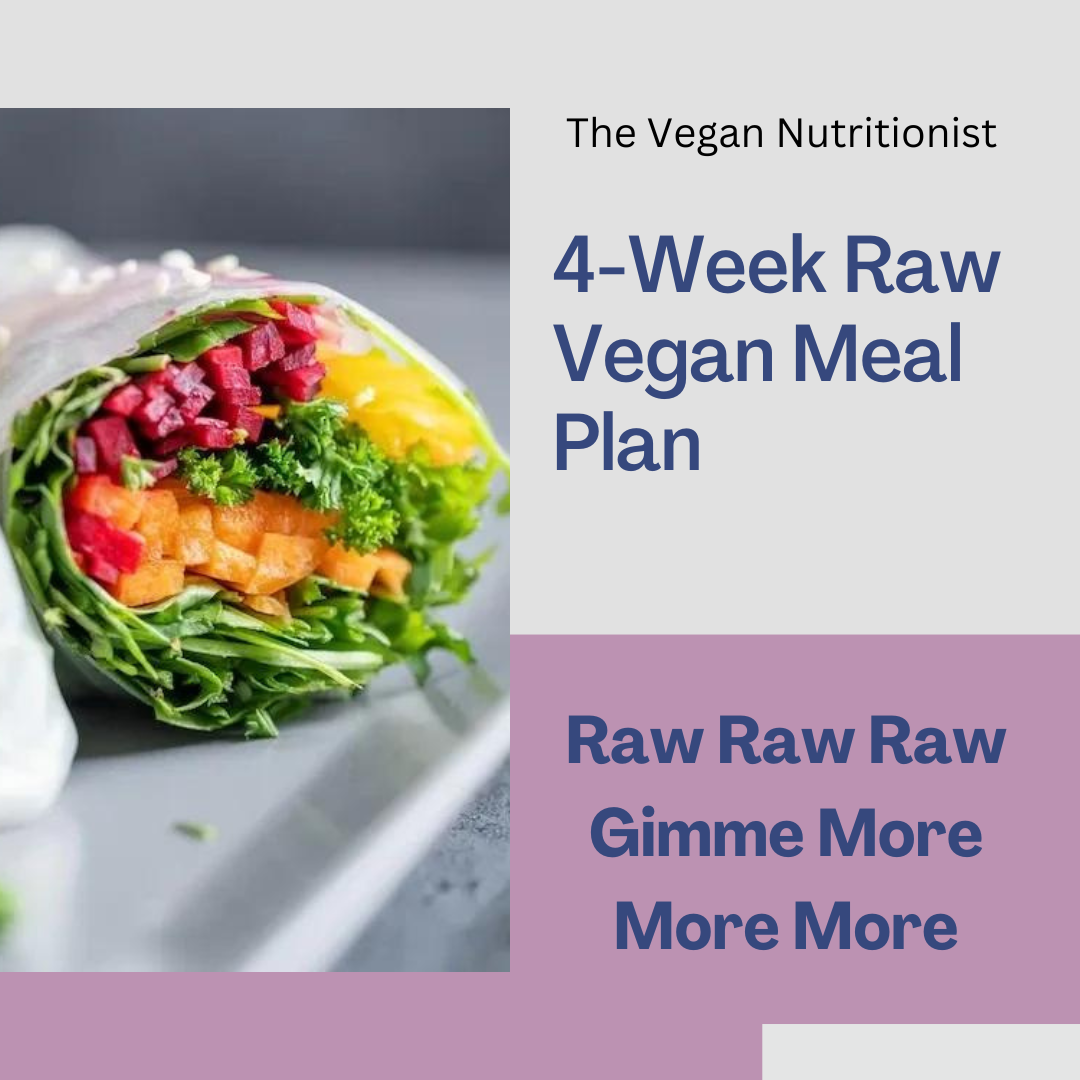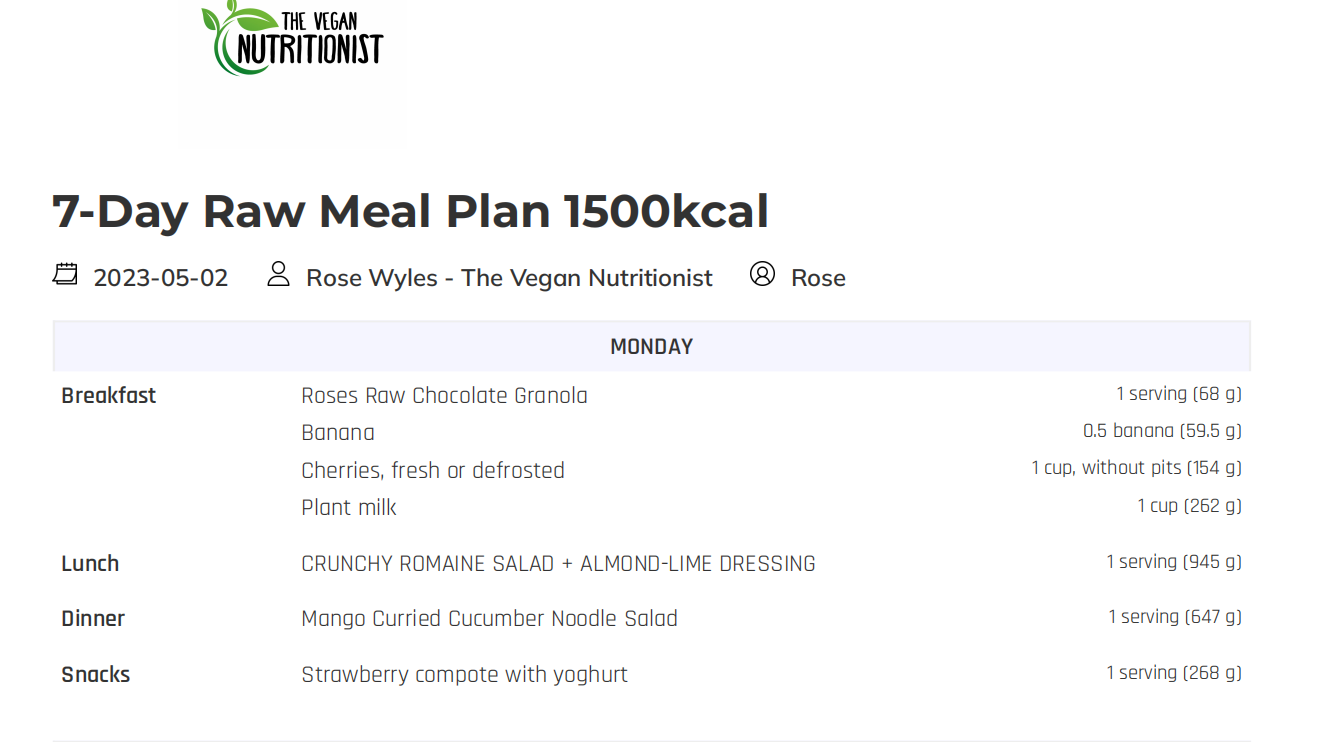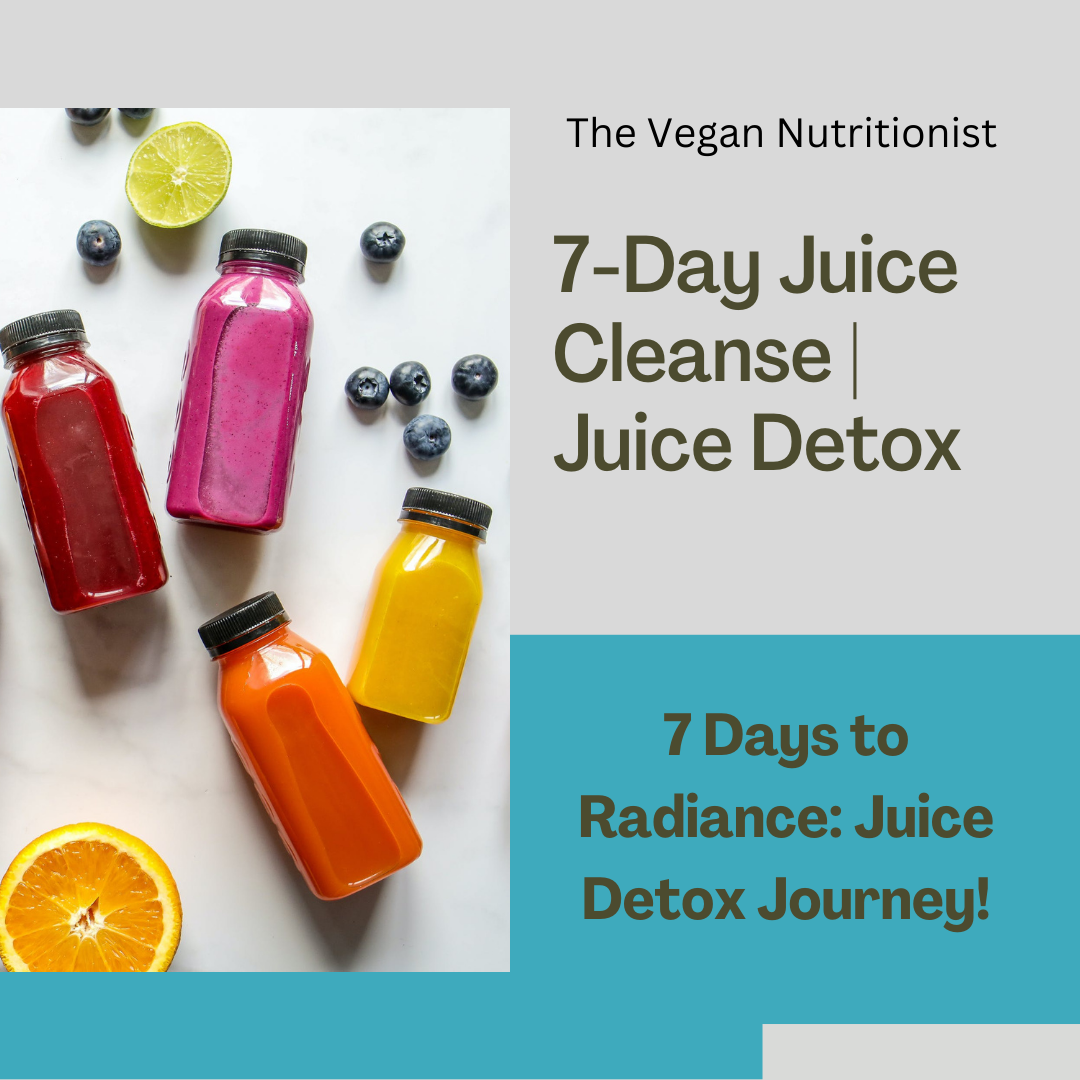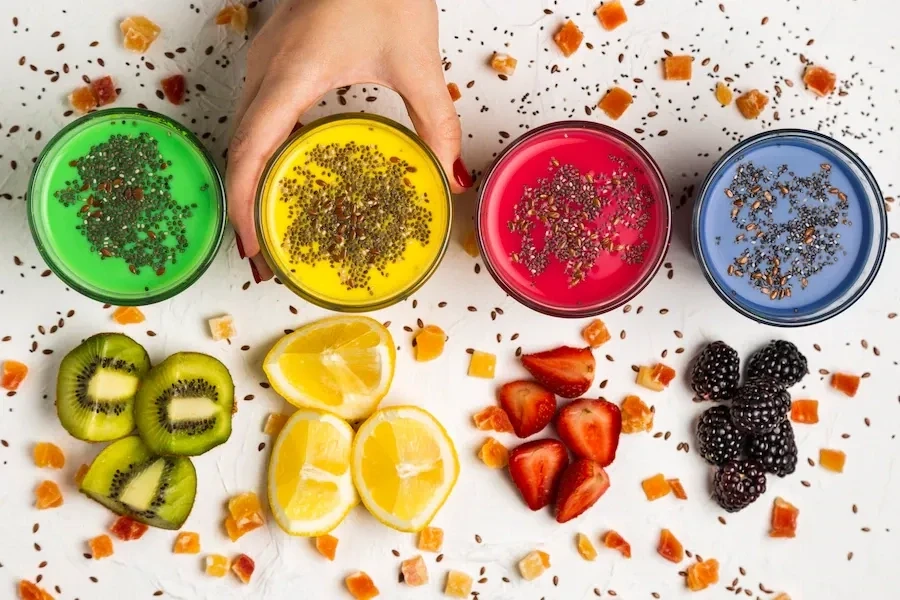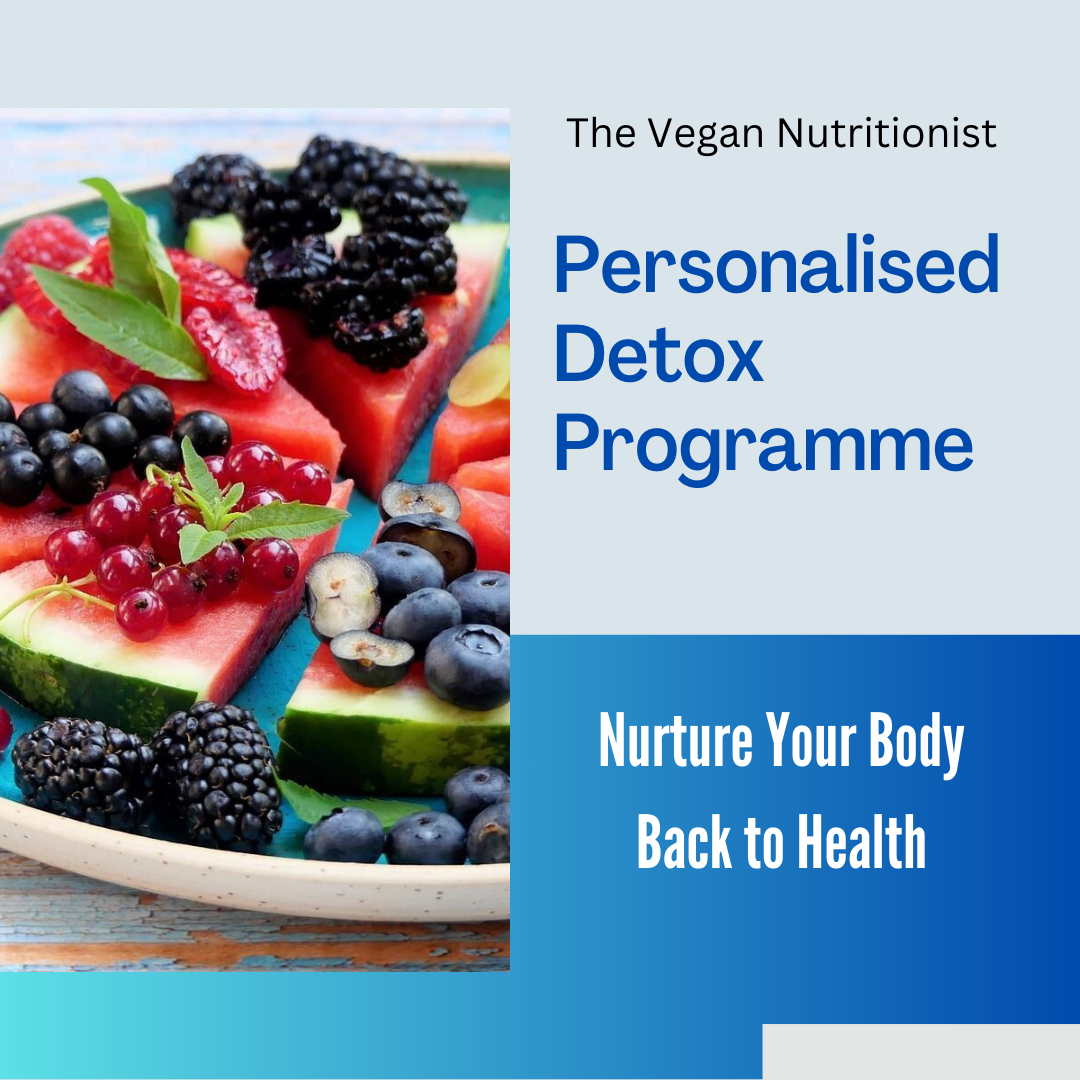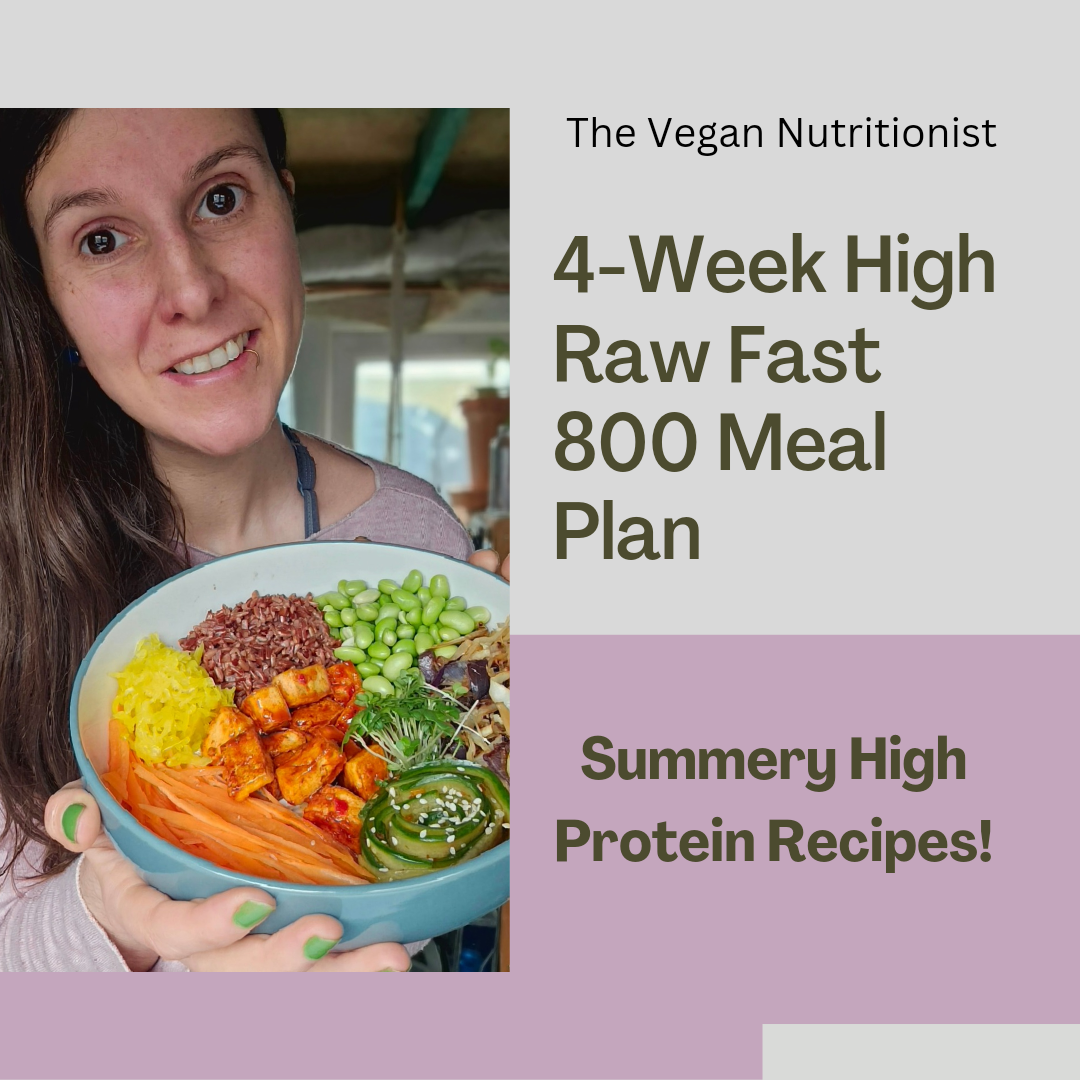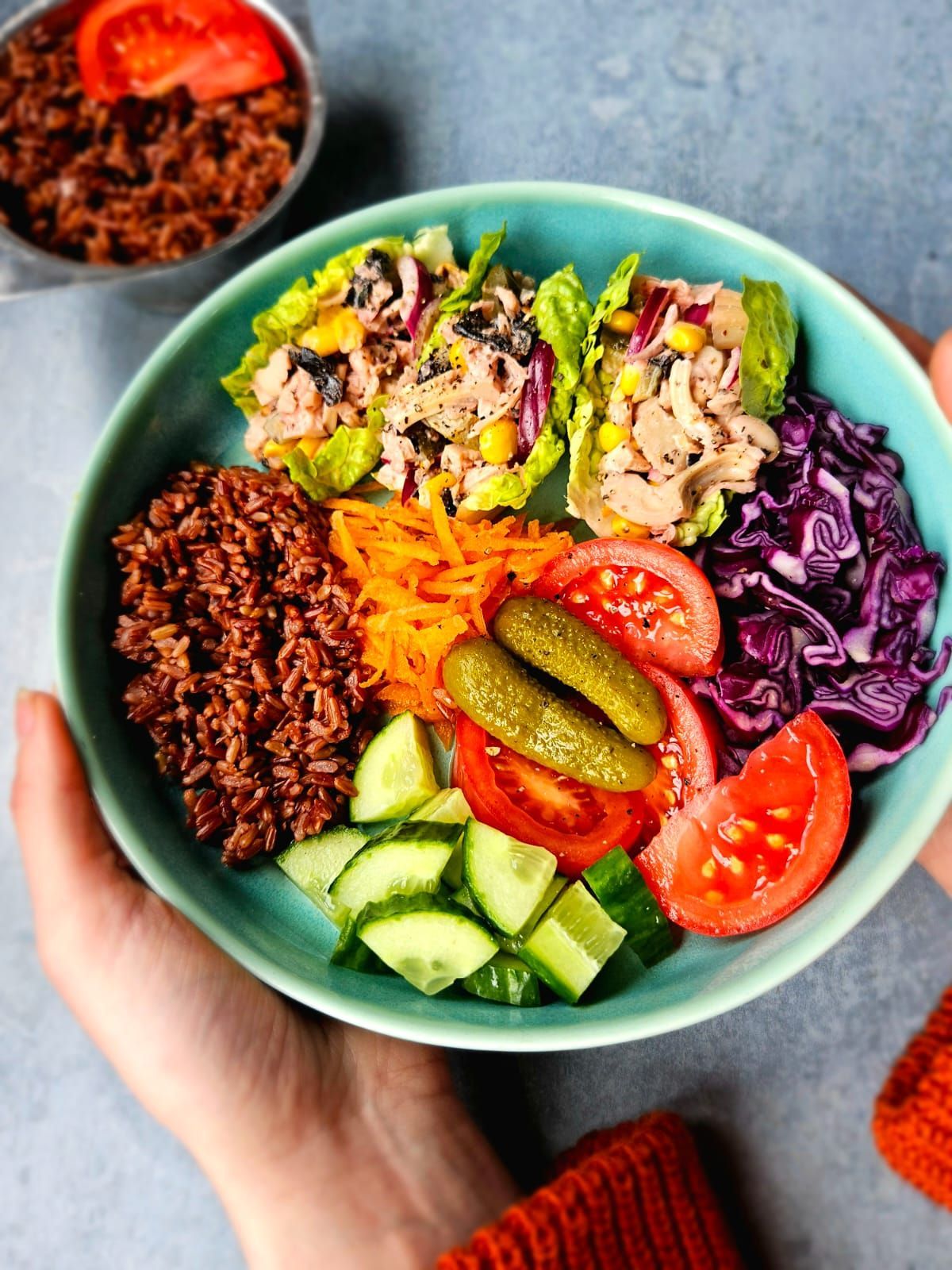Should we all be gluten-free by default?
There is a growing trend of people choosing to go gluten-free. The reasoning behind this decision is often based on the claim that gluten can cause various health problems. While there is some evidence to support this claim, it's not always clear whether gluten is really the root of all evil.


Can gluten be harmful to those without Coeliac disease?
There is also some evidence to suggest that gluten may cause problems in people without Coeliac disease. In some people, gluten may cause inflammation in the gut, which can lead to a range of symptoms such as abdominal pain, bloating and diarrhoea. In some cases, it can also lead to weight loss and fatigue. These symptoms are often called 'non-coeliac gluten sensitivity' (NCGS).
The exact cause of NCGS is unknown, but it's thought that gluten may damage the gut lining in people who are sensitive to it. This damage may allow bacteria and toxins to enter the bloodstream, which can cause a range of symptoms.
There is currently no test for NCGS, so the only way to diagnose it is to remove gluten from the diet and see if the symptoms improve. If the symptoms improve, it's likely that NCGS is the cause.
It's difficult to say how many people choose to go gluten-free because of these possible side effects, but the number of people on gluten-free diets in Australia has more than doubled from less than 1% in 2009 to almost 2% in 2013. In the United Kingdom, it has increased more than five-fold during the same period, from just 0.8% to more than 4%. Why have so many people made the switch?
There are a few possible explanations. One is that people are becoming more aware of the potential health problems associated with gluten. Wheat-containing products are often highly processed and contain less fibre and protein than they used to. This may lead to people overeating these products, which can cause weight gain and other health problems.
Another reason is that gluten-free products are becoming more available. As more companies start making gluten-free products, it becomes easier for people to avoid gluten. For example, most supermarkets now sell a range of gluten-free products such as bread, cereals and biscuits. There are even a range of gluten-free products on the market that are specifically aimed at children. This is possibly because many children with Autism Spectrum Disorder display significant sensitivity to wheat or gluten (Coeliac disease is relatively rare in kids under the age of 5).
However, it's worth noting that many of these gluten-free products are not considered healthy foods because they are often highly processed and contain high sugar and fat levels. The best way to approach a gluten-free diet is via a whole foods diet, as this means you're more likely to get the nutrients you need.
If you have Coeliac disease, you should follow a strict gluten-free diet because it can be harmful to you to eat foods containing gluten. However, if you're not Coeliac and want to try a gluten-free diet for other reasons, it's important to consider the possible advantages and disadvantages of doing so carefully before you decide.

Are gluten-free foods healthy?
One important thing to remember is that the label "gluten-free" doesn't necessarily mean the food is nutritious - even if it contains other healthy ingredients like whole grains, rice, or beans. What's more, many foods that are marketed as "gluten-free" or "low-gluten" may not be that healthy for you anyway! For example, lots of gluten-free cakes, biscuits, and pastries are high in sugar and fat, as well as preservatives and flavourings. So although they might be gluten-free, they may not be low in unhealthy ingredients or calories.
Gluten-free foods may also contain meat, eggs, and dairy products - so if you're vegan or have an allergy to these ingredients, it's important to check the labels carefully. And remember that just because a food is labelled as "gluten-free" doesn't mean it's automatically healthy for you.
Ultimately, it's important to consider what kind of diet will suit you and your specific dietary needs. If you're struggling with digestive issues, you may want to try eliminating gluten from your diet to see whether it helps to relieve your symptoms. But be aware that not all gluten-free foods are created equal!
A whole food plant-based diet is healthy for everyone - not just for people with coeliac disease. It's also more environmentally sustainable than a diet based around meat, dairy, and eggs. Eating more plant-based foods will lower your carbon footprint, as well as reduce your risk of chronic disease, including heart disease, cancer, and diabetes. It's also kinder to animals, as no animals are directly harmed in the production of plant-based foods.
So, if you're thinking of going gluten-free, why not try a whole food plant-based diet instead? It's healthy for you, kinder to animals, and better for the planet.

If you're interested in adopting a gluten-free plant-based diet, here are some tips to get you started:
Gluten-containing grains are wheat, barley, and rye. When you cut out these foods, it's important to make sure you're getting the nutrients they provide from other sources. Opting for naturally gluten-free grains such as rice, quinoa, and buckwheat can help to ensure you're getting a variety of important nutrients.
- Focus on eating whole, unprocessed foods as much as possible. This means eating plenty of fruits, vegetables, whole grains, legumes, nuts, and seeds.
- If you eat processed foods, check the labels carefully to ensure they're truly gluten-free and be aware that they may be high in sugar, fat, and other unhealthy ingredients. Also check that the products are free from meat, dairy, eggs, and honey if you are also following a vegan diet.
- Make sure you're getting all the nutrients your body needs by including various fruits, vegetables, whole grains, legumes, nuts, and seeds in your diet.
- If you're unsure where to start, plenty of cookbooks and online resources can help you plan gluten-free meals. I also provide whole food plant-based meal plans that are tailored to be naturally gluten-free.
Fruits and vegetables are naturally gluten-free and are packed with nutrients like fibre, vitamins, and minerals. They're also a good source of antioxidants, which can help to protect your cells from damage.
Legumes, such as beans, lentils, and peas, are another excellent source of fibre, protein, and other important nutrients. They can be a great addition to any meal or can be used as a replacement for meat in vegetarian and vegan dishes.
Nuts and seeds are another great source of nutrients like protein, fibre, and healthy fats. They make a great snack or can be added to meals and salads for an extra boost of nutrition.
There are countless delicious, nutritious, and naturally gluten-free plant-based recipes to choose from. Here are a few of my favourites:
Almond Buckwheat Noodle Salad Gluten-free, High-Protein, & Vegan
Tofu Hash ~ High Protein ~ Low FODMAP ~ Vegan ~ Gluten Free
Fruit and Yogurt Breakfast Bowl
Tofu, Cashew, Pea, and Spinach Curry

Final thoughts
There's no doubt that a gluten-free diet can be healthy for some people, but it's not necessary for everyone. For most people, a balanced diet that includes whole grains, fruits, vegetables, and other healthy foods is the best way to stay healthy.
However, if you have Coeliac disease or are struggling with digestive issues, eliminating gluten from your diet could help to improve your symptoms.
If you decide to go gluten-free, it's important to ensure you're still getting all the nutrients your body needs. Gluten is found in wheat, barley and rye, which are all sources of important nutrients like fibre, B vitamins and Iron. So if you cut out these foods, it's important to ensure you get these nutrients from other sources.
Of course, going gluten-free is not for everyone and it's important to weigh up the advantages and disadvantages before making any changes to your diet.
So whether you're gluten-free or not, it's important to eat a balanced and healthy diet based on whole foods and doesn't contain any processed or junk foods. The best way to guarantee that you're getting all the nutrients you need is to eat a diet centered around whole plant-based foods.
If you have any questions or would like help planning a healthy and balanced gluten-free diet, please don't hesitate to contact me.
Thanks for reading!
Blog Post by Rose Wyles - The Vegan Nutritionist
For professional assistance with adopting a healthy and nutritious plant-based diet, go to https://www.thevegannutritionist.co.uk/work-with-me
Share this Post!

Reach out by sending me an email
Need assistance with your diet or health goals? I'm here to help. Send me a message and I'll be in touch.




